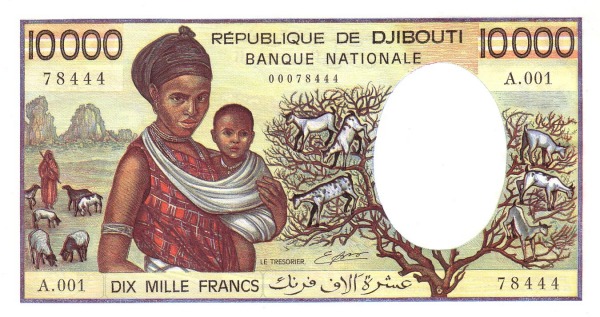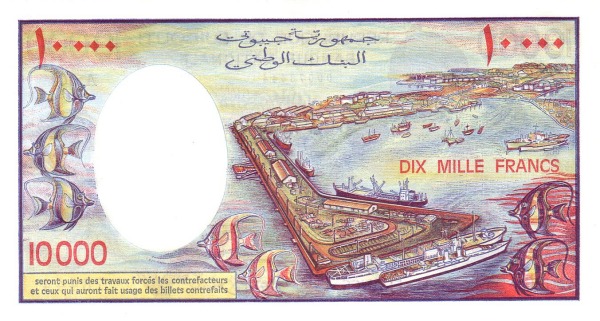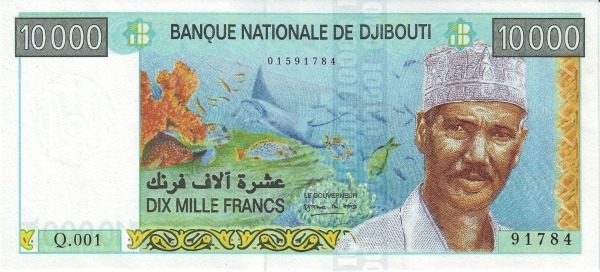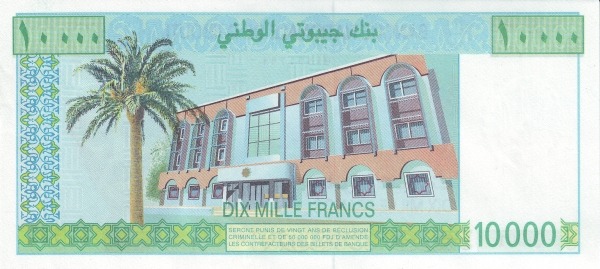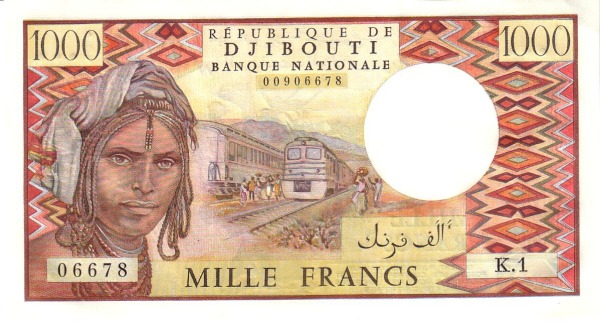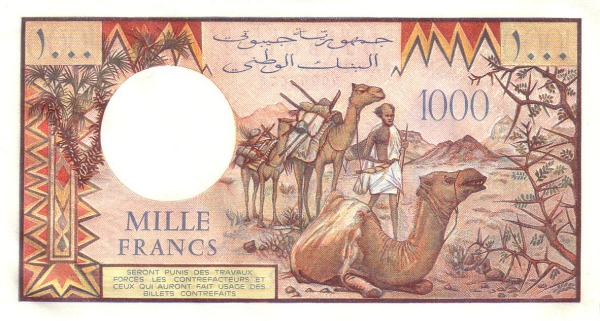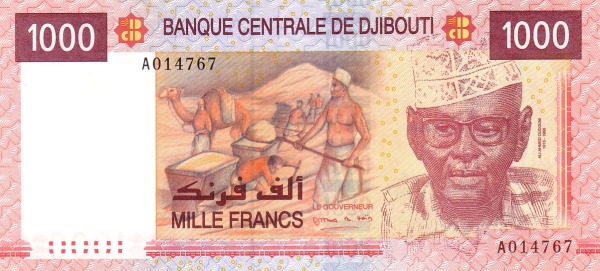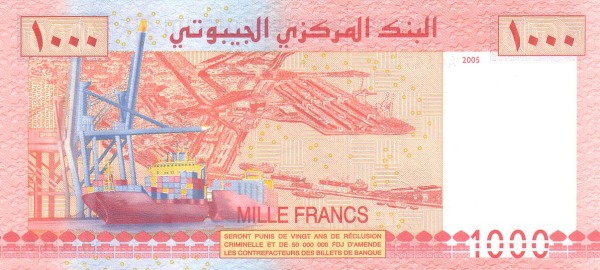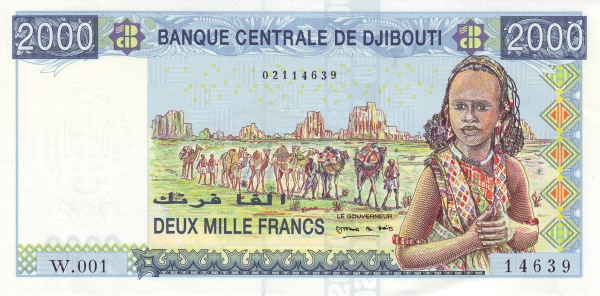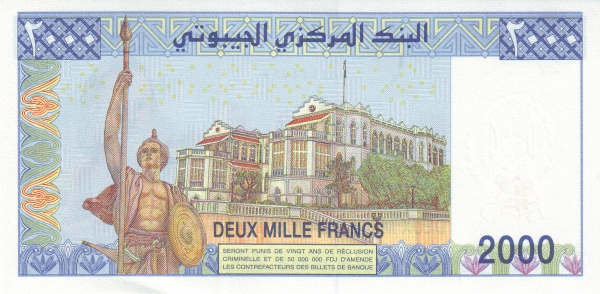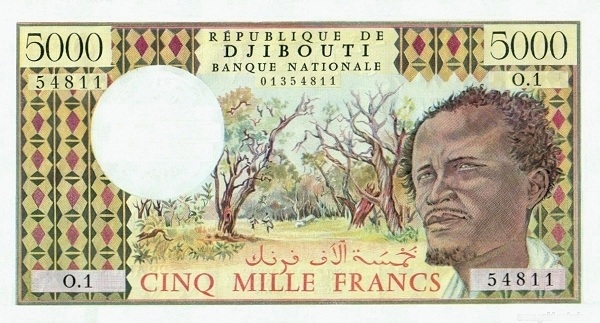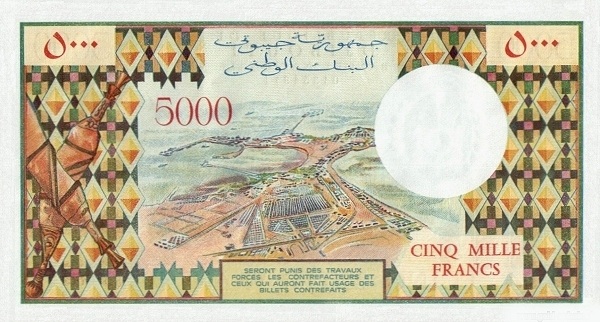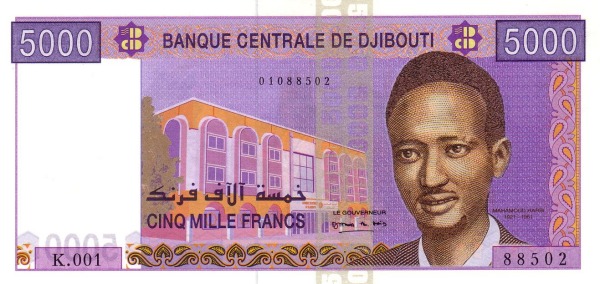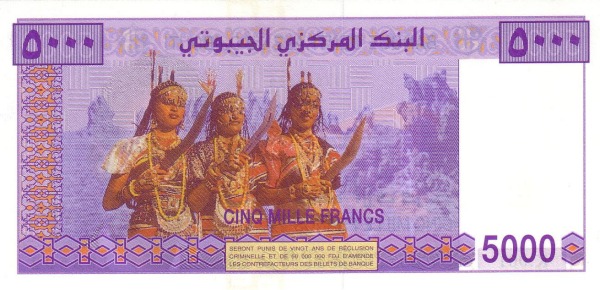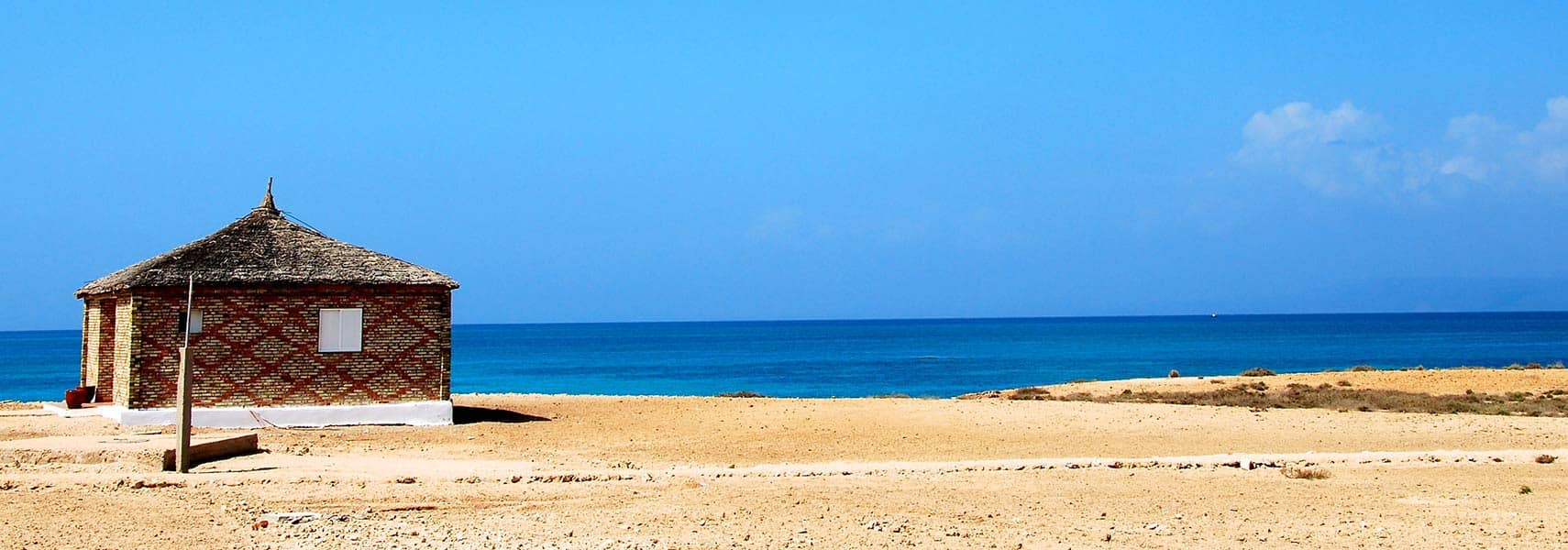Discovering the Republic of Djibouti
The Republic of Djibouti, a small yet strategically significant nation located on the northeastern coast of Africa, borders the breathtaking Red Sea and the Bab-el-Mandeb strait. Djibouti shares its frontiers with Eritrea, Ethiopia, and Somalia, while maritime borders with Yemen further define this unique geographic setting.
Remarkably, Djibouti’s positioning at the Gulf of Aden grants it considerable geopolitical importance. This nation controls access to a major waterway, namely the Red Sea and the Suez Canal, both of which rank among the most bustling shipping routes in the world. Furthermore, Djibouti's history includes a period of French control, particularly noted for the influence of the French Foreign Legion, lasting until the country's independence in 1977. In a move illustrating its importance, the United States established its largest military base in Africa here, known as Camp Lemonnier, in 2002.
A Brief Overview of Djibouti's Geography
Covering an area of approximately 23,200 km², Djibouti is slightly larger than Slovenia yet somewhat smaller than the state of New Jersey. The breathtaking landscape of Djibouti features a diverse terrain that includes coastal deserts and elevated plateaus, interspersed with central mountains.
Climate and Weather Patterns in Djibouti
Djibouti experiences a torrid and semi-arid climate that primarily influences daily life and local practices. From October to April, the fresh season brings more agreeable temperatures, averaging around a pleasant 25 degrees Celsius. However, residents must adapt to the heat prevalent during the rest of the year.
Understanding the People and Culture of Djibouti
With an estimated population of 850,000 as of 2016, the people of Djibouti predominantly identify as Djiboutians. The vibrant ethnic composition includes approximately 60% Somalis, particularly the Issaks, Issas, and Gadaboursis groups, while the Afars make up about 35% of the population. Additionally, the society comprises Ethiopians, Arabs, French, and Italians, reflecting a rich tapestry of cultures.
Religious Practices in Djibouti
Islam plays a vital role in the daily lives of Djiboutians, with around 94% of the population identifying as Muslim. Christianity, on the other hand, is practiced by about 6% of the populace. This religious diversity contributes to the unique cultural landscape found in Djibouti.
Languages Spoken in Djibouti
While French and Arabic enjoy status as the official languages, Somali and Afar are widely spoken among the people, creating a rich linguistic environment. The communicative practices in Djibouti reflect not only the nation’s history but also the cultural confluences that have shaped its identity over time.
Education and Literacy Rates in Djibouti
Despite the challenges faced, Djibouti boasts a literacy rate of 65%. The government continuously strives to enhance educational access, recognizing its vital role in the development of the nation.
Natural Resources and Economy of Djibouti
Djibouti is blessed with various natural resources, including gold, clay, granite, marble, and various minerals like salt, perlite, gypsum, and limestone. The presence of petroleum and geothermal areas also provides a solid foundation for potential economic growth.
Agricultural Practices and Products in Djibouti
The agricultural sector primarily focuses on livestock, fishing, and the cultivation of fruits and vegetables. Although Djibouti's arid climate poses challenges to agriculture, these industries remain crucial for local sustenance.
Industrial Development and Economic Dynamics
Djibouti's economy thrives on a mixture of industries, with banking and insurance constituting about 12.5% of the country's GDP. Moreover, transportation, particularly through Djibouti’s harbor, significantly contributes to the nation's economic framework. Tourism and construction also play vital roles in diversifying the economic landscape.
Trade Relationships and Economic Partners
When examining Djibouti's trade relationships, Somalia emerges as a primary export partner, accounting for approximately 79.7% of exports. Other notable partners include the United States, Yemen, and the UAE. On the import side, China stands out as the largest supplier, followed by Saudi Arabia, Indonesia, and India.
Political Structure and Governance
Djibouti operates as a republic with its constitution, ratified in September 1992 through a referendum. The country gained independence from France on June 27, 1977. Throughout its history, Djibouti experienced significant political changes, including the rise of an authoritarian one-party state under Hassan Gouled Aptidon, who served as President until 1999.
Interestingly, unrest among the Afar minority during the 1990s culminated in a civil war. This conflict concluded in 2001 with a peace agreement between Afar rebels and the Issa-dominated government. The first multi-party presidential elections took place in 1999, leading to the election of Ismail Omar Guelleh as the current representative of the Republic of Djibouti.
International Relations and Military Alliances
Djibouti's strategic location plays a critical role in shaping its international relations. The nation maintains close ties to France, which has a substantial military presence there, while simultaneously fostering stronger connections with the United States. This relationship is crucial, as Djibouti serves as a front-line state in the global war on terrorism.
In summary, the Republic of Djibouti, with its unique geographic location, diverse cultural landscape, and growing economy, stands out as a significant player in the region. Whether you are drawn to its strategic importance, cultural vibrancy, or economic potential, Djibouti undeniably holds a place of interest in the northeastern corner of Africa.
Largest cities of: Djibouti
| City Name | Population | Year of foundation | |
| Djibouti | 88,356 | 1888 | |
| Djibouti | 600,000 | 1888 | |
| Ali Sabieh | 30,000 | 1888 | |
| Dikhil | 25,000 | 1862 | |
| Tajura | 20,000 | circa 600 | |
| Obock | 15,000 | 1888 | |
| Ballah | 12,000 | 1888 | |
| Holhol | 10,000 | 1888 | |
| Moucha | 5,000 | 1900 |
Djibouti: Money
